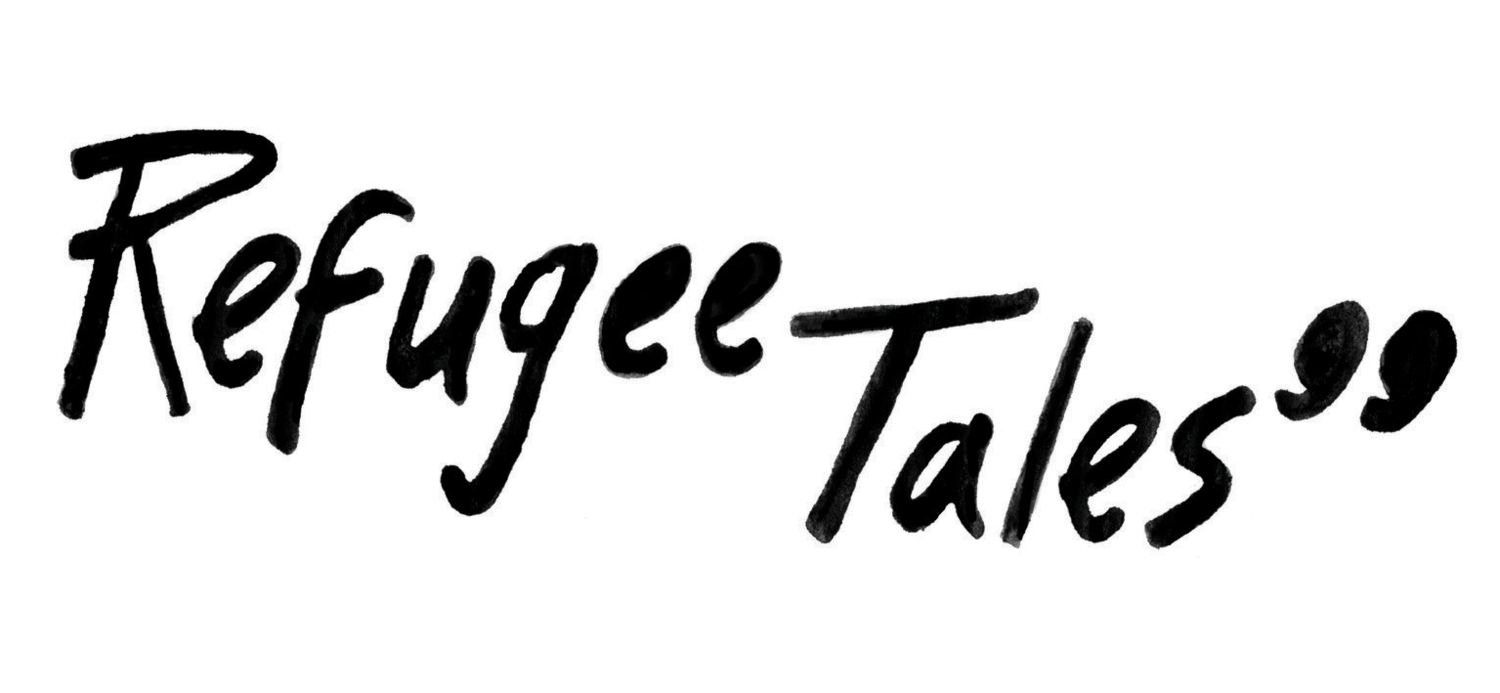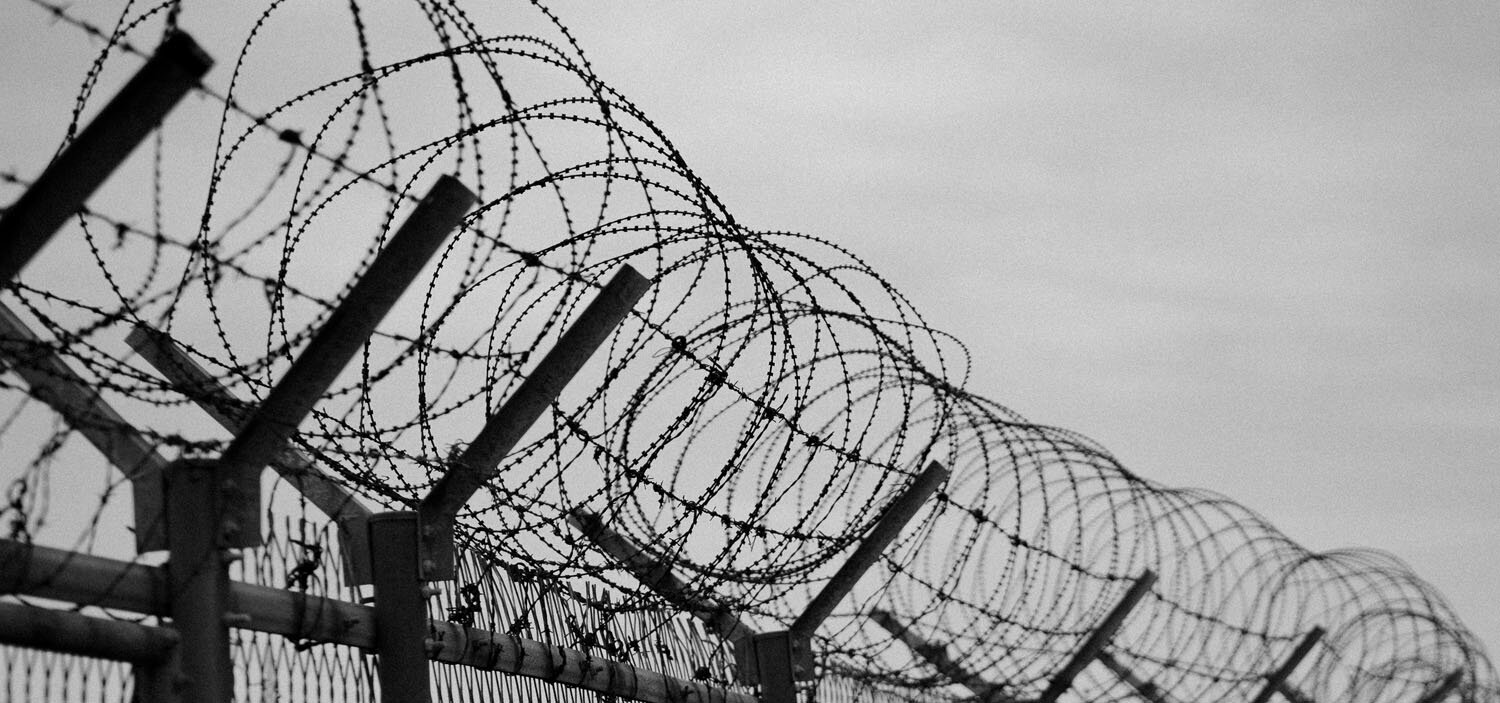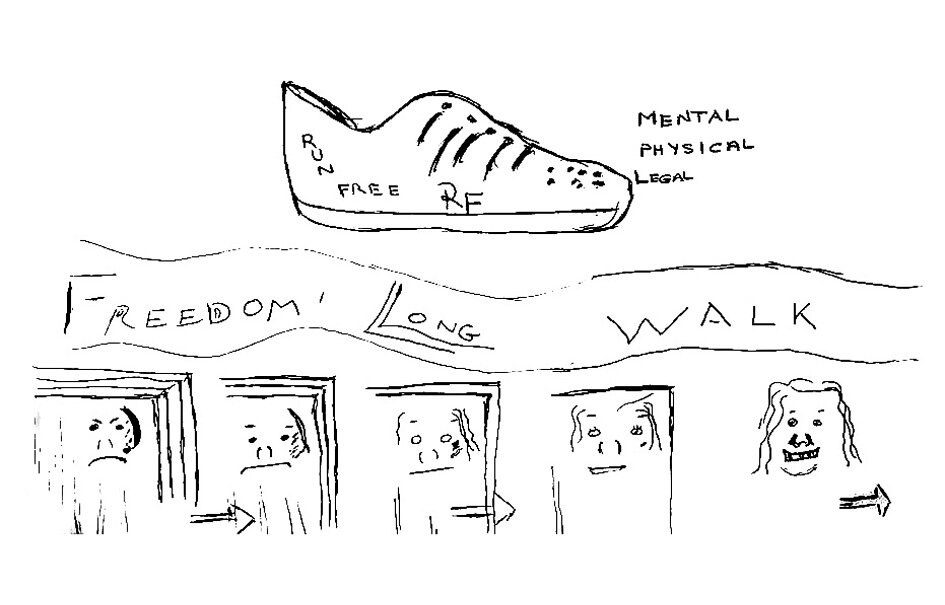The Better Imagined
“You do not have to be me in order for us to fight alongside each other. I do not have to be you to recognize that our wars are the same. What we must do is commit ourselves to some future that can include each other and to work toward that future with the particular strengths of our individual identities. And in order for us to do this, we must allow each other our differences at the same time as we recognize our sameness.” – Audre Lorde
RACISM IN IMMIGRATION DETENTION
Immigration detention is pervaded and upheld by racism
As Colin Yeo writes in Welcome to Britain:
Since 1962, successive governments have pursued an exclusionary citizenship policy. It is hard to escape the conclusion that this was and still is intended to preserve the existing ethnic composition of the population. In other words […] the policy is racist.
The Windrush Scandal has shown that being granted the right to live in the UK is not enough to secure everyone’s safety. Nor is it enough to grow up here, to work, to pay taxes, and to have a family of your own. None of this will stop you losing your job, your home, or access to healthcare; nor will it stop you being detained and even deported when a change in policy suddenly undermines your security and freedom.
Immigration detention also awaits people fleeing torture, persecution, modern slavery, and/or death threats. Around half of those who enter detention have sought asylum and, once released on bail, many will live for months, even years, in hotel rooms (or in appalling accommodation such as Napier Barracks) as they await a decision. In the meantime, they cannot work, they do not have enough to eat, and they are forced to live with the constant threat of being detained again and deported.
People of colour are far more likely to be dragged through this devastating system, and they are also detained for significantly longer than white people. In 2020, the Public Sector Equality Duty assessment concluded that the hostile environment has “accelerated the impact of decades of complex policy and practice based on a history of White and Black immigrants being treated differently.”
Issues in the Criminal Justice System feed into this disparity. As Luke de Noronha writes, “deporting anyone with a criminal record has marked implications for black men in Britain, given that the criminal justice system is institutionally racist.” Since 2007, non-British citizens have been liable to deportation if they are convicted to a period of imprisonment for 12 months or more. The new Nationality and Borders Bill plans to reduce the minimum period of imprisonment to 6 months, and such sentences usually apply to minor offences, such as marijuana possession. The Lammy Review found that, within drug offences, BAME defendants were 240% times more likely than white defendants to receive a prison sentence. This clearly feeds into the disproportionate detention and deportation of black people, and the Nationality and Borders Bill will only make this worse.
“The legacies of British colonialisation and imperialism have shaped the contemporary practices of detention and who ends up in one of the UK’s [immigration removal centres]. To challenge immigration detention, and work to denaturalise it as an appropriate or logical state response to mass migration and concerns about security, it is necessary to attend to issues or race and racism.” – Sarah Turnbull
As Gemma Lousley from Women for Refugee Women writes, many reports on immigration detention focus on individual incidents of racism (such as staff behaviour) rather than the racism that underpins the system itself. And yet, people who are racialised as non-white constitute the vast majority of people detained under immigration powers in the UK. There is an issue, criminologist Alpa Parmar argues, when NGOs and charities fail to call out the racism inherent in immigration detention: “By not being clear that detention is a racist practice […], NGOs and charities put limits on what it is possible for people who have experienced detention to say.” Moreover, this enables governments to defend detention by claiming it is a ‘reasonable’ response to the ‘issue’ of mass migration. As Lousley writes, such an argument collapses once the racism inherent in detention is exposed – there is no ‘appropriate’ or ‘reasonable’ way to be racist.
“Detention is arbitrary and brutal and as the drive to decolonise our culture tells us, when as a society we finally acknowledge what we have done, those who have enforced immigration detention will surely be ashamed.” – David Herd, Refugee Tales IV
Refugee Tales will not be silent about the racism inherent in immigration detention. Our response to the Black Lives Matter movement is to work with fellow organisations in the immigration sector to help end racism, xenophobia and oppression. This is not limited to combatting individual acts or policies. Refugee Tales is rooted in the work of the Gatwick Detainees Welfare Group (GDWG), a charity supporting people held in Brook House and Tinsley House immigration removal centres. GDWG responds to immediate, often desperate, need, but those who have experienced immigration detention deserve more than release or refugee status. They deserve to be heard and to be given space to advocate for change. This is why Refugee Tales shares the stories of people held in immigration detention. It is also why we walk together - because there must also be space for connecting, for talking, laughing, creating, dancing, and imagining. The Refugee Tales books expose what is happening now in immigration detention; our walks embody what the world might look like in a future without detention. As the BLM Global Network Foundation writes, “Art sparks change, and we want to continue sparking creative ideas and world imaginings.”
“Poetry is not a luxury. It is a vital necessity of our existence. It forms the quality of the light within which we predicate our hopes and dreams toward survival and change, first made into language, then into idea, then into more tangible action. Poetry is the way we help give name to the nameless so it can be thought. The farthest horizons of our hopes and fears are cobbled by our poems, carved from the rock experiences of our daily lives.” – Audre Lorde
Through our walks, we enact the community and equality that we strive for. With our books, we explore what can happen when stories are shared and connections forged through the act of listening. In our Walking Inquiry, we have been questioning and challenging immigration detention, but we have also been imagining what a future without detention might look like. Here are some examples of what we are walking towards…
We will tell it like it is, and we will work towards the better imagined
– Ali Smith, Patron of Refugee Tales
A printable PDF of this web page is available HERE
Resources
Books
- Refugee Tales Volumes 1-4 – published by Comma Press. Available here.
- Welcome to Britain: Fixing Our Broken Immigration System – by Colin Yeo
- Deporting Black Britons: Portraits of Deportation to Jamaica – by Luke De Noronha
- Border Nation – by Leah Cowan
- This reading list from the London School of Economics, featuring 12 books authored or edited by women.
- Inside Immigration Detention – by Mary Bosworth (N.B. this was published in 2014 but this gives a thorough account of the system on which today’s immigration detention is built.)
- This reading list of books about race in Britain.
- Voices of the Windrush Generation – by David Matthews
- Natives: Race and Class in the Ruins of Empire – by Akala
Websites
- Refugee Tales is rooted in the work of the Gatwick Detainees Welfare Group. Read more about the charity’s work at two immigration removal centres here: www.gdwg.org.uk
- Museum of Black Joy – ‘A borderless refuge for the observation, cultivation, celebration, and preservation of black joy’
- The Black Joy Project – A project set up by Black queer Dominican-American creative, writer, and educator, Kleaver Cruz. ‘Black joy is resistance […] Cruz believes in the power of words as the means to write the stories that did not exist when Cruz needed them the most.’
- Museum of London – Windrush Stories
- British Library – Windrush Stories
Online articles
- Immigration Detention, Punishment and the Transformation of Justice – by Mary Bosworth:
https://doi.org/10.1177%2F0964663917747341
- “Immigration detention and the racialized governance of illegality in the United Kingdom.” – by Sarah Turnbull (published in Social Justice in 2017): https://eprints.bbk.ac.uk/id/eprint/20508/
- “How to support Black Lives Matter online” - an article that offers guidance for people to remain safe whilst working on anti-racism online.
Podcasts
- About Race – Reni Eddo-Lodge
- Why the Windrush Scandal Was No Accident – The British Dream
- Immigration Detention: ‘It’s Basically a Death Sentence’ – The Guardian
- Immigration Update Podcast – Free Movement
A printable PDF of this web page is available HERE







